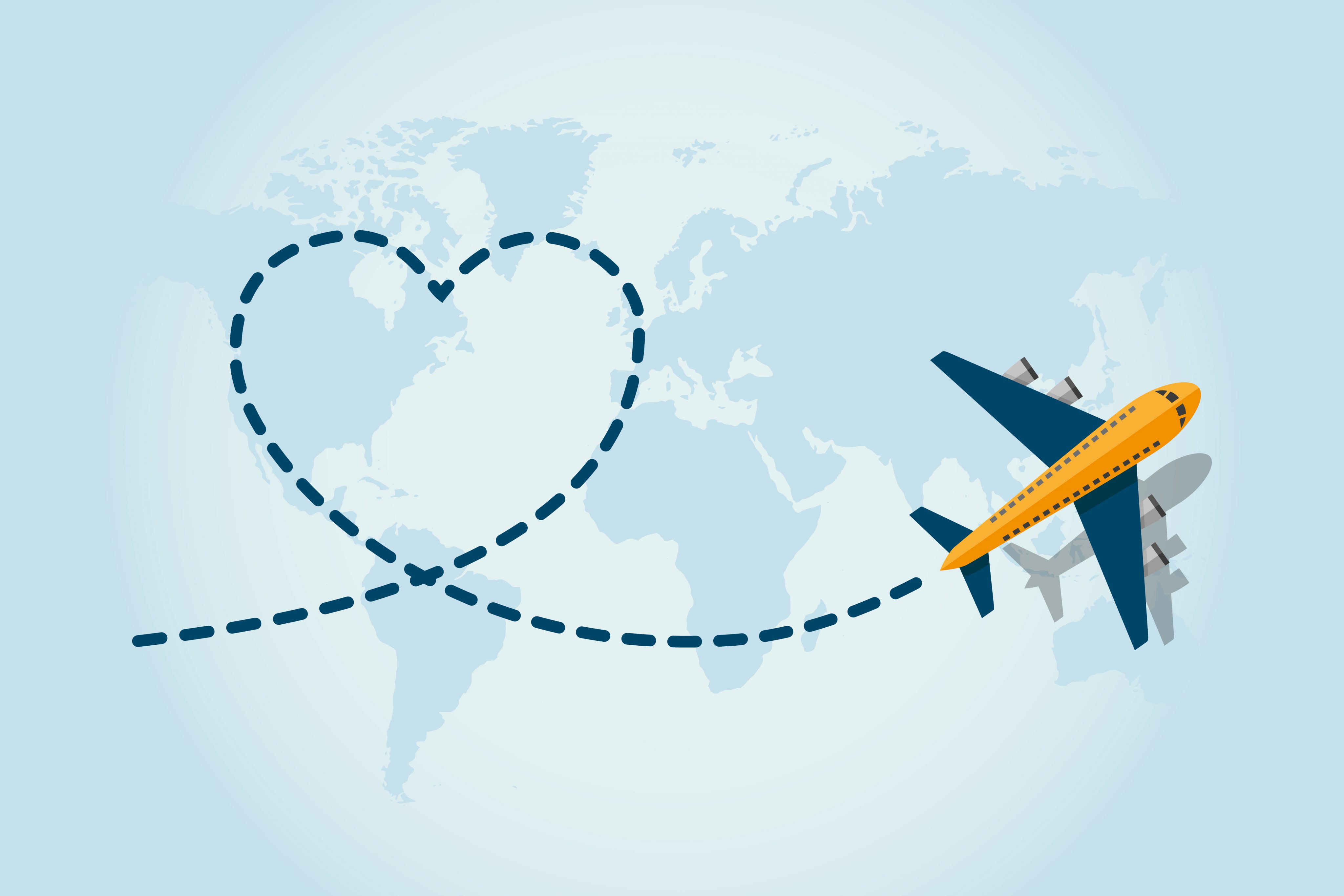Do planes really have an impact on global warming?

According to the International Air Transport Association, air traffic has increased by more than 50%. Planes have a major impact on global warming, as they currently produce around 900 million tonnes of CO2 per year. This is around 12% of the CO2 produced by all modes of transport, with road traffic being 1st with 74%.
What’s the problem?
Many agree that aviation is one of the main threats to the climate. Despite the fact that it currently produces a minor part of CO2, this figure is increasing every year. In the EU, fuel consumption per passenger was 24% lower in 2017 compared to 2005, but overall emissions had increased by around 16% due to the increased number of passengers.
An additional problem with aviation is that it is often not necessary and can be avoided by means of more environmentally-friendly modes of transport. Over the last couple of decades, tourism has spread greatly, facilitated by air transport. We can also often read how celebrities and politicians travel in private planes to different destinations. Despite the fact that a private jet has lower consumption than a commercial one, it has higher greenhouse gas emissions per number of passengers.
What is the future of aviation?
Despite pessimistic forecasts, the aviation industry is constantly working on the production of more environmentally-friendly planes. New planes, such as the Boeing 787 and Airbus A380, use less than 3 litres of fuel per 100 kilometres, which is comparable to modern cars. Also, a lot of money is being allocated to the construction of electric planes, with the first commercial flights expected after 2021. Nevertheless, electric planes will not make a significant contribution to reducing CO2 emissions in the near future. More than 80% of gases are produced by flights longer than 1,500 kilometres, while electric planes currently have a range of up to 800 kilometres.
Countries such as France will start implementing an eco-tax on all commercial flights as of 2020, amounting to €1.50. The government promises to use this money to improve other modes of transport.
What can I do?
Although many do not approve of air travel because of its harmful impact on global warming, we can safely say that the aviation industry will continue to represent a significant share of the economy for a long time to come. As passengers, we can ensure that we only travel by plane when necessary and use other forms of transport, e.g. rail transport. In addition, economy flights are considered to be more economical as they carry more passengers, thus producing lower emissions per passenger.
Date: 10.9.2019


